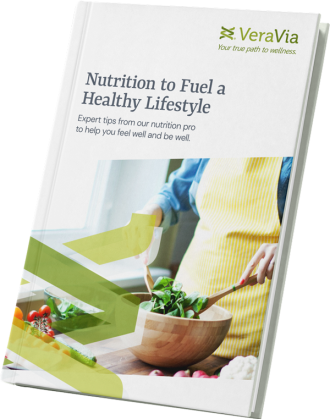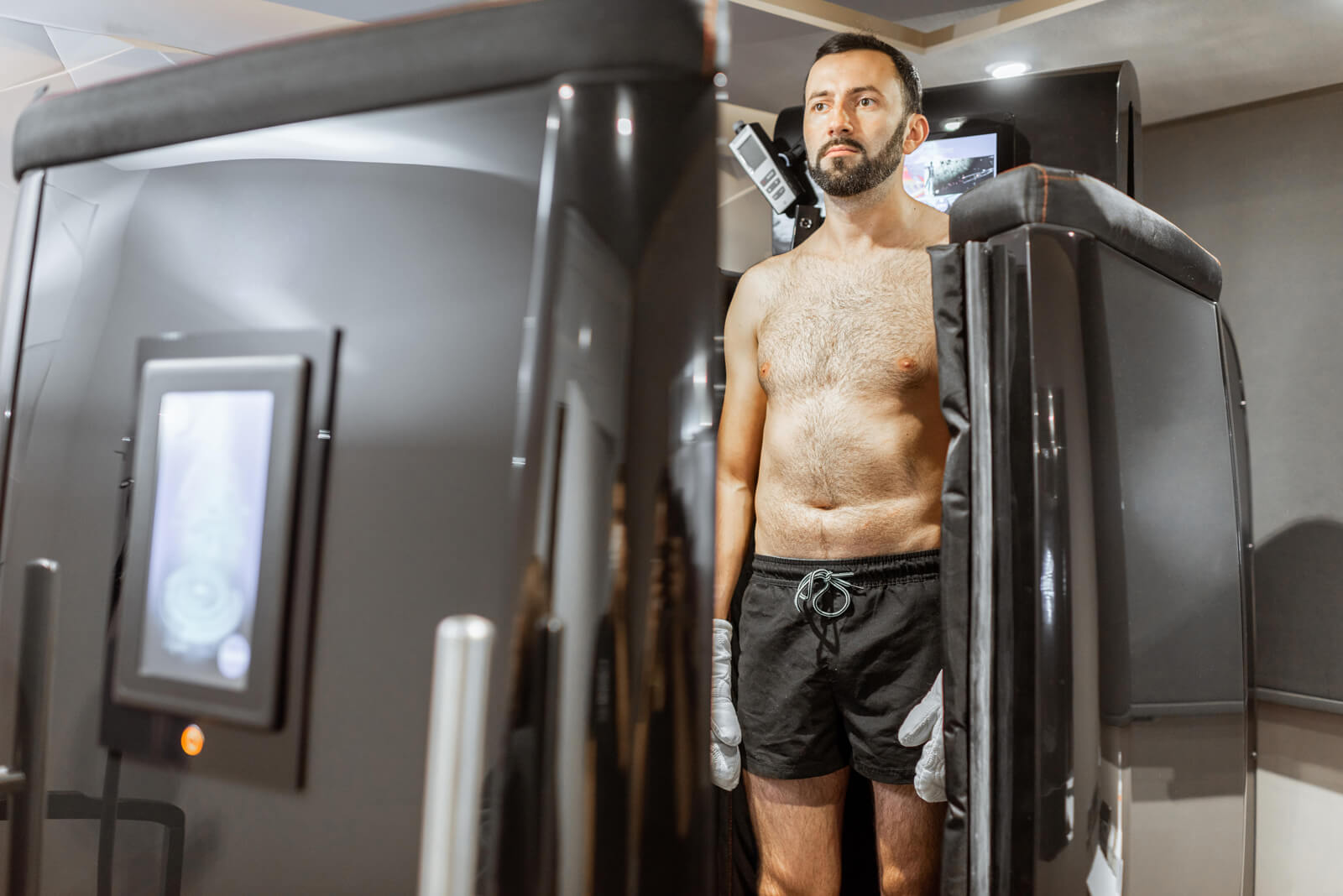Everyone handles stress differently. For some, stress causes overeating; for others, it suppresses the appetite. Understanding how you respond to stress can help you make decisions that support your health during difficult times.
General stress can take a toll on your overall health, which is why it is important to make sure that you deliver the best kinds of fuel to your body during stressful periods in your life.
Here is a list of suggestions to help you make better nutrition choices when you’re stressed out at home, at work, or in daily life.
Do
• Know your habits. Since eating is something we do so often, it is easy to overlook how, when, and why we eat. Do you skip breakfast most mornings? Do you eat dinner late at night after a long day of work? Do you find yourself craving candy or caffeine when you’re mentally reviewing an uncomfortable situation?
By keeping a daily journal of what you eat, you can begin to uncover patterns and bad habits. Review your eating style and consider which circumstances influence your dietary choices.
• Commit to yourself—and follow through. While this seems like common sense, many people ignore this vital step when times get tough. Many of us put work and family first. But in neglecting ourselves, we aren’t able to give our best to those around us. By renewing your daily promise to make healthier nutrition choices—no matter what—you give yourself permission to change your lifestyle for the better.
• Get all your vitamins. Some studies have linked stress, anxiety and depression to deficiencies in certain vitamins. Choose high B-vitamin foods like avocados or tuna, or multi-vitamin powerhouse foods like blueberries to keep your system in balance.
• Start small. Don’t add more stress to your life by radically revolutionizing your eating habits. Set reasonable goals like eating a new food every week, substituting a healthier breakfast option, or choosing fresh fruit instead of sweets for dessert. Once you have assimilated a few new habits into your lifestyle, it will become easier to accommodate additional changes.
Don’t
• Don’t think you must go it alone. Work with a nutritionist who sees the complete scope of your needs and can custom tailor food choices that fit easily with your lifestyle. A nutritionist can provide you with creative options for new food choices beyond what you might be familiar with.
• Don’t get extreme. Fad diets or extreme cleanses might have short-term results for others but could stress your body even more, depending on your circumstances. Approach every change in diet with a sense of balance. Check with your doctor or a reputable nutritionist for their recommendations about how to balance healthy eating with your body’s needs.
• Don’t be too hard on yourself. Stress begets stress and when our lives get difficult, it’s easy to punish ourselves through our thoughts. Realize that you’re doing the best that you can and if you slip up and make an unhealthy nutrition choice, it’s not the end of the world. That said…
• Don’t “cheat” for more than one day in a row. Despite the previous tip about cutting yourself some slack, don’t allow yourself to fall easily back into habits that you are trying to break. Recognize that tomorrow is a chance to make a better choice.
Stress is uncomfortable for everyone and it’s easy to understand why we might turn to food for comfort or to forget our worries. However, having a clearer understanding of how stress affects your lifestyle will help you make a plan to follow even when your mind is occupied by stressful thoughts.






